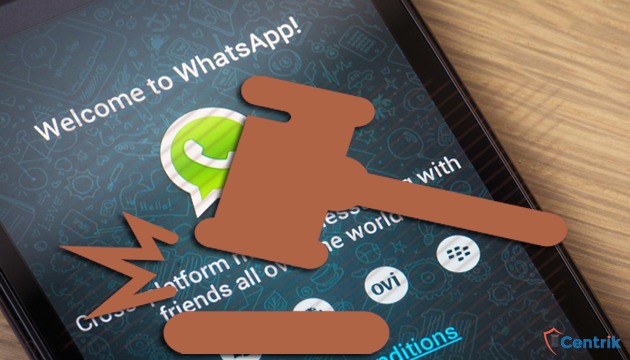
STATUS AS ON 22/05/2019
The Insolvency and Bankruptcy Code, 2016 is a central legislation which resolves the insolvency and bankruptcy issues in a time bound manner. The aforementioned act replaced the other laws which were dealing with the issues related to the Insolvency or Bankruptcy as they were inefficient and lacked the proper execution.
The primary objective of IBC is to promote the interest of all the stakeholders as well as creditors of the corporate debtor while keeping the corporate debtor as a going concern. Furthermore, both the creditors (financial or operational) can file insolvency proceedings against the corporate debtor who makes any default in paying the debt owed by the corporate debtor.
Operational Creditors under IBC
An operational creditor is one who is owed some operational debt from the corporate debtor wherein the operational debt means a claim in respect of the provisions of goods or services including employment. Thus, operational creditors can be either of them:-
- Supplier of goods or services
- Importer or Exporter
- Manufacturer
- Service provider, etc.
Procedure for operational creditors
Although the IBC treats both the creditors i.e. financial or operational but there is procedural difference when an operational creditor wishes to approach the adjudicating authority under IBC.
Let’s understand the procedure to be undertaken by the Operational creditor when the corporate debtor makes a default in making the payment of dues (amounting to Rs. 1 Lakh or more) to the operational creditor.
According to section 8 of the code, if the corporate debtor makes a default in payment of an aforementioned operational debt, the operational creditor has to issue the demand notice to the corporate debtor before filing the insolvency petition before NCLT. Upon the receipt of the notice the corporate debtor is bound to take either of the actions within 10 days of receipt of the demand notice:-
- Make the payment due to the operational creditor; or
- Bring into the attention of the corporate debtor about the pre-existing dispute with respect to the amount claimed or the quality of the goods or services supplied.
Thus, if the Adjudicating Authority is satisfied that there is a pre-existing dispute between the operational creditor and corporate debtor, then the NCLT shall not admit the insolvency petition.
Now, the code nowhere talks about the mode in which the demand notice has to be issued to the corporate debtor nor lays down a specific mode in which the dispute has to be raised. Subsequently, in the matter of Bhandari Hosiery Exports vs. In-Time Garments Pvt. Ltd. Hon’ble National Company Law Appellate Tribunal took the cognizance of a case in which the corporate debtor sent a text message to the operational creditor complaining about the quality of goods delivered through the whatsapp messenger and decided that even if the message disputing the quality of goods or services is sent through whatsapp cannot be rejected and has to be admitted as the dispute raised where the dispute was raised much before the demand notice issued.
CONCLUSION
Also, in the light of Bombay High court ruling which said that the whatsapp messages are admissible under section 65-B of evidence Act, the Hon’ble NCLAT held the validity of the demand notice sent through whatsapp messenger app wherein the blue tick on the text implies the acceptance of the communication.
Disclaimer – Please note that the above view is based on personal interpretation and for general awareness. The readers are required to take opinion from the Top IBC professionals or Insolvency Professionals before relying on the article. For any clarifications, please write to us at ibc@centrik.in




 join For Updates
join For Updates